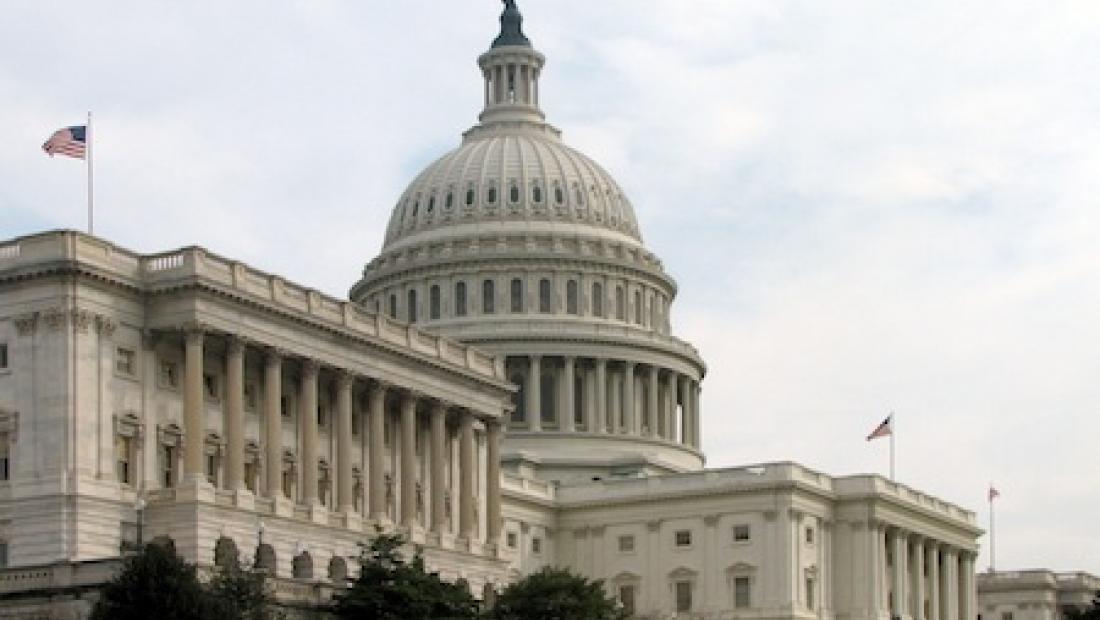Kavanaugh Open to Cameras in Court

The smarter way to stay on top of broadcasting and cable industry. Sign up below
You are now subscribed
Your newsletter sign-up was successful

Judge Brett Kavanaugh says he will keep an open mind about allowing cameras or microphones into the Supreme Court, but signaled he might be more receptive to televising the reading of decisions than oral arguments.
That came during a third day of questioning by the Senate Judiciary Committee. Judiciary chair Charles Grassley (R-Iowa) is a long-time supporter of cameras in the court and author of the Sunshine in the Courtroom Act, which would give federal judges the ability to allow media coverage of proceedings.
He pointed out that former Justice David Souter once quipped that cameras would have to roll over his dead body to enter the court, a view Grassley said he respected, though added it was "plain wrong."
Grassley only asked for that open mind, and Kavanaugh seemed happy to comply.
Kavanaugh pointed to the increasingly available audio from his current court, the U.S. Court of Appeals for the D.C. Circuit, which provided periodic, then weekly, then daily audio, and in May announced it would stream live audio of oral argument beginning with the 2018-2019 term, which began Sept. 5.
He said that audio access had worked well in that court, but signaled that was not the same as video from Supreme Court oral argument. He pointed out that some Supreme Court Justices who had supported electronic media access as lower court judges did not view the Supreme Court in the same light. "Several of them when they were in my seat expressed support for oral argument but after they had been there a few years switched their positions after experiencing it [the process]."
But he seemed more receptive to providing access to the reading of decisions, which comes before the presentation of oral arguments in cases yet to be decided.
The smarter way to stay on top of broadcasting and cable industry. Sign up below
"I would want to think about the difference between oral argument and the actual announcement of the decisions. I think those are two distinct things. There hasn't been much focus on the possibility of live audio or video, for example, of those decision announcements, and I think that's a distinct issue from oral arguments and I would be interested in thinking about that and talking to my colleagues..."
Kavanaugh suggested the best approach would be a judicial one, collecting facts and listening to expert witnesses, like Grassley, and the current Supreme Court justices--he has repeatedly said he is just one of a team of nine--for their views and to learn from their experience, including why those who had switched their positions had done so.
He did say that he had always been impressed by the majesty of the court building and of the proceedings and said that view would give the public confidence about the impartiality of the rule of law, so he understood the desire for electronic media in the court and would "certainly keep an open mind."
Contributing editor John Eggerton has been an editor and/or writer on media regulation, legislation and policy for over four decades, including covering the FCC, FTC, Congress, the major media trade associations, and the federal courts. In addition to Multichannel News and Broadcasting + Cable, his work has appeared in Radio World, TV Technology, TV Fax, This Week in Consumer Electronics, Variety and the Encyclopedia Britannica.

